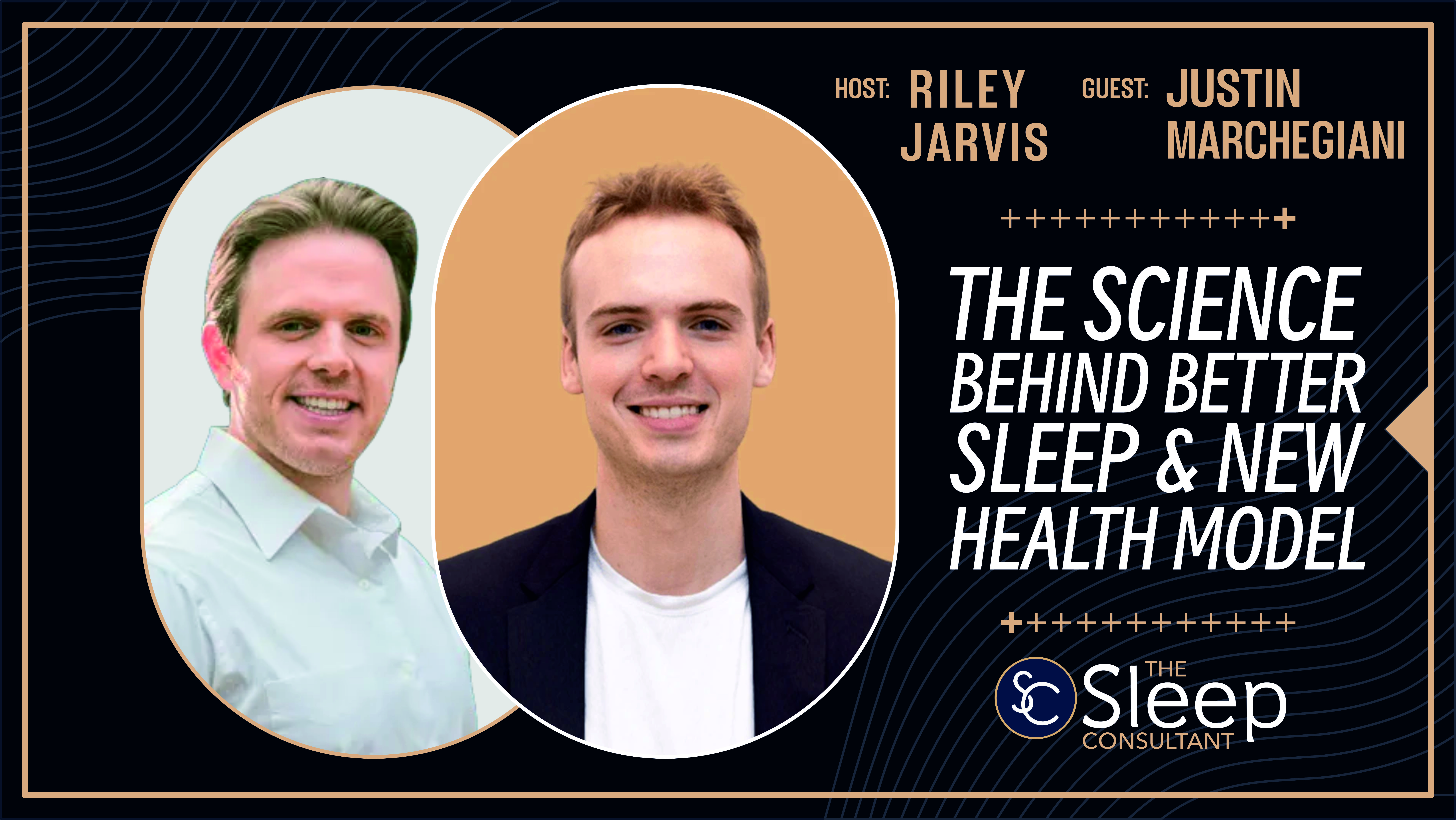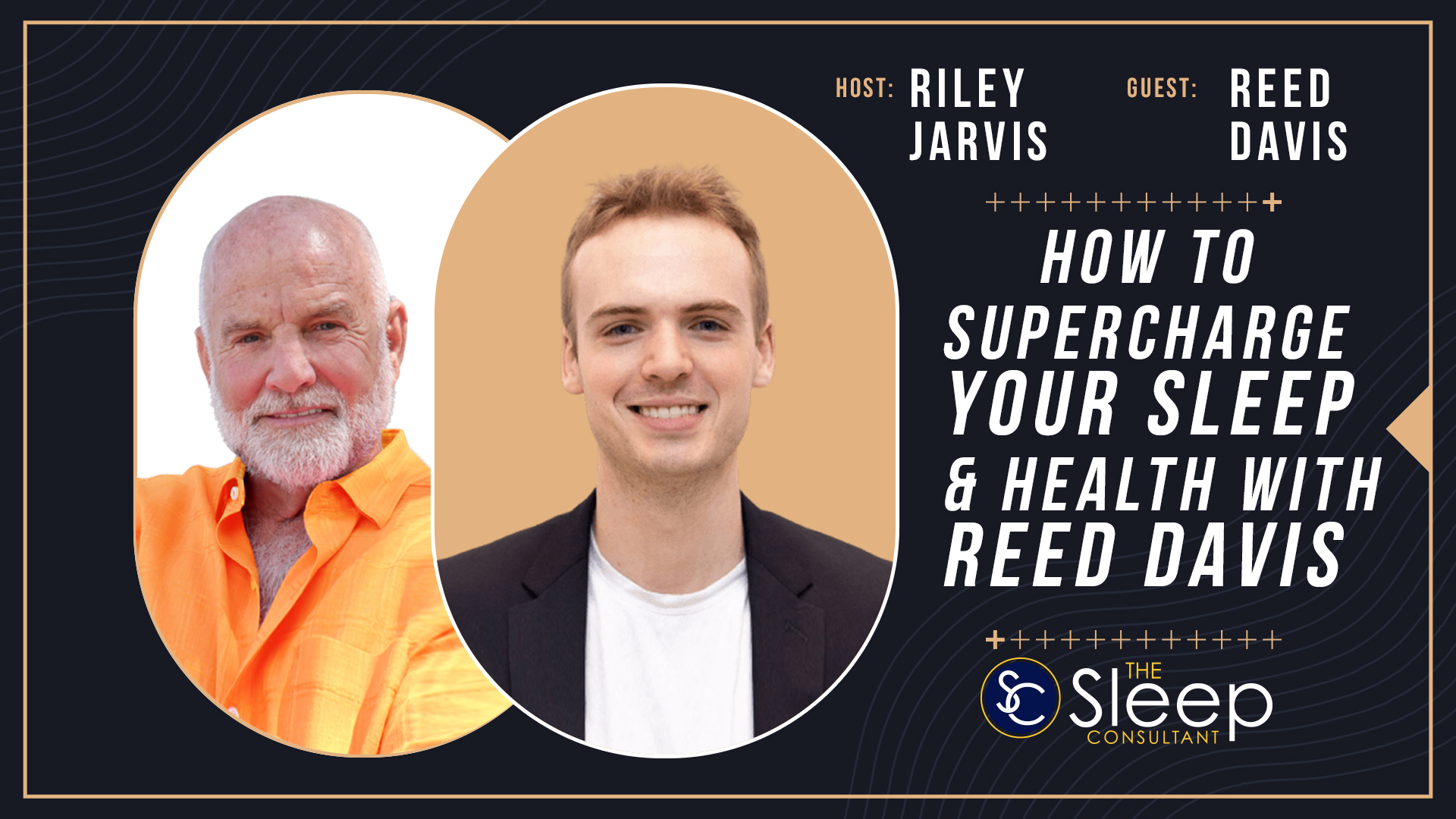Chris Kresser - Supercharge Your Performance With Ancestral Health
Chris Kresser M.S., L.Ac. is the co-founder of the California Center for Functional Medicine, the founder of Kresser Institute, the host of the top-ranked health podcast Revolution Health Radio, the creator of ChrisKresser.com, and the New York Times best-selling author of The Paleo Cure and Unconventional Medicine. He is one of the most respected clinicians and educators in the fields of Functional Medicine and ancestral health and has trained over 2,000 clinicians and health coaches from >50 countries in his unique approach. Chris was named one of the 100 most influential people in health and fitness by Greatist.com and has appeared as a featured guest on Dr. Oz, Time, The Atlantic, NPR, Fox & Friends, and other national media outlets. He lives in Bend, OR with his wife and daughter. Here’s a glimpse of what you’ll learn: Why Chris Kresser prefers functional medical practices to conventional medicine Why he believes sleep is so important to your body from a biological and chemical perspective How the different systems in our body affect our sleep patterns The type of screenings he suggests getting if you are having trouble sleeping When and why wearable monitoring tools can be effective In this episode…. According to Chris Kresser, the conventional medical paradigm is oriented around suppressing symptoms with drugs and surgery. However, that doesn’t always get to the root of the problem. Functional medical practices focus on optimal functioning of the body and its organs, and sleep plays a massive role in our body function. Kresser reminds us not to underestimate the power of diet and lifestyle. And one of the most crucial aspects of our health, can be our quality of sleep. In this episode of The Sleep Experience Podcast, Riley Jarvis is joined by Chris Kresser, the Co-Founder of California Center for Functional Medicine, Founder of The Kresser Institute, and best-selling author of The Paleo Cure and Unconventional Medicine. He believes that the first step of investigating your health starts with examining your sleep. Prior to the industrial revolution, people typically got around seven to eight hours of quality sleep a night. Like all living organisms, our bodies use sleep to restore and rejuvenate itself. That restorative and regenerative process is universal in nature and therefore something we should treat as necessary in maintaining a healthy life. When you don’t get enough sleep, your entire body of affected. Our sleep affects every system and every tissue in our body. It affects brain health, cognitive function, cardiovascular health, and metabolic health and so much more. It even has an impact on our judgment around food, our hormone production, and our digestive issues. Kresser says that if he is working with a patient who is struggling with both diet and sleep, he’ll focus on sleep first. Because if someone isn’t getting the proper amount of sleep, they aren’t going to have the faculties to address their diet and improve it. It many cases, sleep is the number one factor that needs to be addressed. One of the best things you can do with your health is take care of the basics. He finds that some people will think they have the basics down but are actually working from morning until night, on their phone right up until they go to bed, and burning the candle at both ends on a daily basis. Even with a great diet and physical exercise, your body still needs high quality sleep in order to really function to the best of its ability. If you have taken care of the basics and you are still experiencing disruptive sleep, Kresser suggests looking for any sort of inflammatory condition. The systems in our body react to hormone imbalances, thyroid issues, gut disorders, and pain and discomfort, thereby interrupting our sleep. Sometimes factors such as toxicity and nutrient deficiency can also wreak havoc on the way we sleep. In order to get to the root of any health issue you might be facing, he suggests getting screened. He recommends getting the most comprehensive blood panel your practitioner will order and your insurance will cover. He also suggests continuing to monitor glucose and looking closely at your blood sugar because correcting blood sugar can have a profound impact on sleep. Trackable wearables such as Oura, Whoop, and the Apple Watch can be very useful initially when you are still new to establishing connections between diet and lifestyle patterns and your sleep. Those insights are valuable in recognizing behavior that leads to a lack of quality sleep, however, Kressler believes that once those insights are gained, devices that track your biometrics can become unnecessary. So, go back to the basics. One of the biggest mistakes you can make is thinking you can bio-hack yourself out of a terrible diet and lifestyle by skipping straight to optimization. Get the basics down first before investing in tools and practices that are meant for sleep optimization. Sleep has such a profound impact on your overall health and one of the best things you can do for yourself is make sure you are getting the sleep you need to make the most out of life and function to your highest ability.
 Sign in
Sign in Sign in
Sign in Sign in
Sign in

















































